Most importantly are the effects of fuel subsidy removal on the tertiary public education sector of the polity which has been in comatose for quite some time now. Before the removal of fuel subsidy, some public Universities mooted the idea to charge tuition fees ranging from N120, 000 to N150, 000 (One hundred and twenty thousand naira to one hundred and fifty thousand naira). Obviously, accommodation fees and other sundry charges will as well increase. There are bound to be multiplier effects on students and parents as well. Similar situations would be replicated at the primary and secondary levels of the public education sector.
Exploring fuel subsidy removal and the accompanying inflation to advantage for the proper repositioning of the public education sector all depend on the will power of stakeholders to demonstrate the transcendence required for surmounting difficulties. Will power portrays human beings as entities endowed with all the virtues needed for remaining committed and focused to identified goals. Transcendence portrays human beings as teleological entities who are incurably and inadvertently futuristic and optimistic. It is the inherent intellectual and spiritual powers to deliberately project into the future. The future can be likened to the void. Void is a latent formless state or simply a complete state of chaos that throws up boundless possibilities. Possibilities challenge human beings to vigorously demonstrate their powers of transcendence by altering adversities into advantages. By this act, we project from the known realm into the unknown realm. Each time we do this, we open up new vistas of hope, we recreate and reinvent. Pointedly, whether the seemingly comatose public education sector would further sink or vibrantly resurrect at this point of fuel subsidy removal, depends on the capacity and sincerity of the stakeholders.
This is the period to adopt and invoke the principle of inclusiveness. Pupils, students, parents, teachers, school administrators, religious organizations, private companies, and elected and appointed government officials must converge to deliberate on the way. Inclusive or collective deliberation on new fees to be charged would not raise eyebrows nor exacerbate tempers. Instead, increased fees would become new targets to be accomplished. Once strategies for moving forward have been established and agreed upon, monitoring mechanisms must be instituted to ensure checks and balances.
This is also the time to reposition education to be industry oriented. The time for white-collar job education is long gone. Education in the country should be based on talent development and skill acquisition geared towards the promotion of entrepreneurship. This is the time to take drastic measures to ensure huge appreciation of naira, encourage the growth of small and medium scale industries and promote patronage of domestic products to facilitate equitable wealth creation and distribution. National policy on education should be instituted whereby public parastatals and private companies contribute to a national trust fund on education. This wise, TETFund (Tertiary Education Trust Fund) should be decentralized and restructured on the principle of true federalism to discourage corruption. TETFund should be expounded to include primary and secondary levels of education. Universities should be granted full autonomy to enable them develop the etiquette of self-accountability. Work-study schemes should be established. Where such schemes already exist, they should be reinforced. This would tremendously aid indigent students. Scholarship schemes should be established to encourage resourceful and brilliant students.
Revamping the public education sector to its optimal level requires people’s participation. Huge budget allocation by the government at state and federal levels would be grossly inadequate. This would amount to the old reactionary way of waiting on the government for mobilization and motivation. When government policy and decisions go contrary to the expectations of the people, violent reactions escalate. Besides, a large chunk of the education budget is misappropriated. The way to go is the stakeholder inclusive approach whereby all the interest groups converge to decide the way forward on public education. It is such that education in the country is completely redesigned to promote self-reliance. To be succinct, education in general and public education in particular, should be redesigned to become an industry that generates income for the nation, not one that keeps dwindling the nation’s resources.


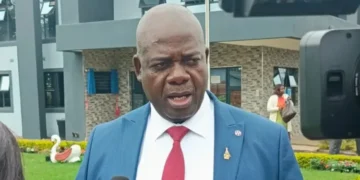
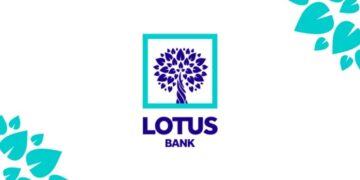
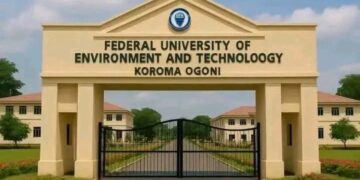

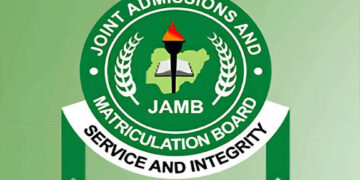
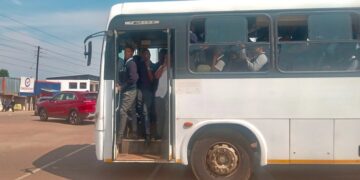































































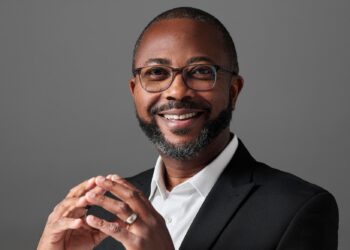
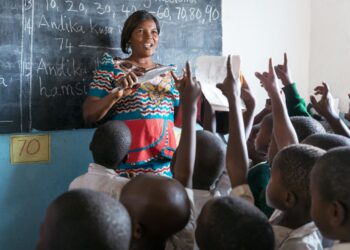










 EduTimes Africa, a product of Education Times Africa, is a magazine publication that aims to lend its support to close the yawning gap in Africa's educational development.
EduTimes Africa, a product of Education Times Africa, is a magazine publication that aims to lend its support to close the yawning gap in Africa's educational development.